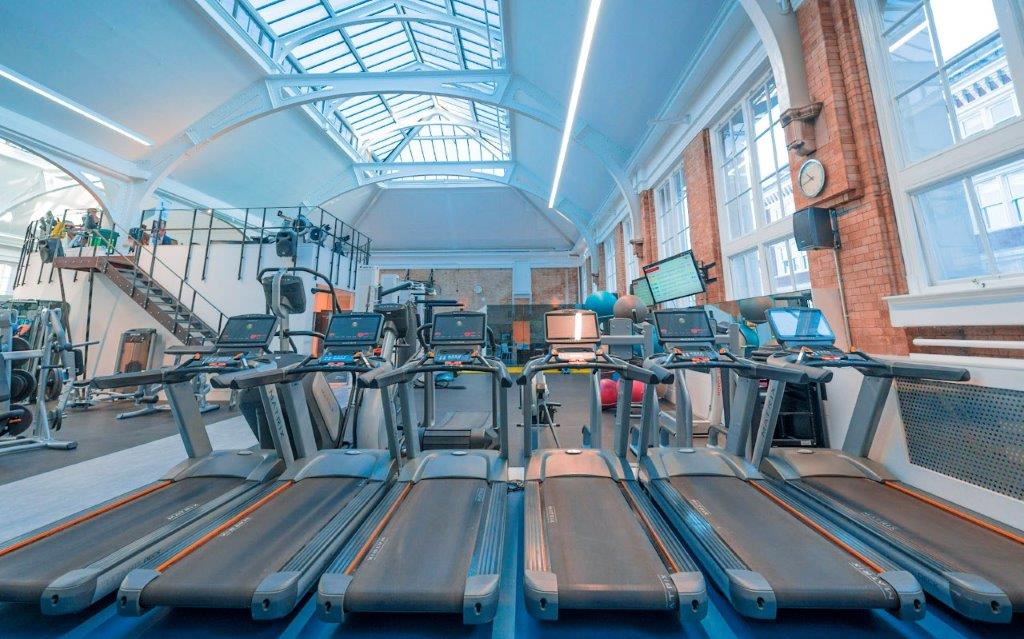
Gyms not spreading Covid-19
18th August 2020
Gyms in New South Wales (NSW), Australia are staying COVID-free, according to a new report, just published by industry body, Fitness Australia. Over the past two months there have been more than 6.26 million check-ins across 423 gyms in NSW, with no recorded transmission of COVID-19.
The figures – collected from members’ electronic access cards across a sample of different gyms – have led Fitness Australia to declare that there is now clear evidence gyms are not hotspots for the transmission of COVID-19.
In publishing the statistics, Fitness Australia said it wants to challenge the “misinformation, uninformed sources and negative commentary” which portray health and fitness facilities as posing a risk of infection – resulting in some people being “too scared” to exercise at gyms.
The industry body gathered the data from a random sample of NSW operators, says it “prove gyms are safe” and challenges the recent “hotspot” commentary.
“The additional practices that the industry is doing off their own back are working,” said Fitness Australia CEO Barrie Elvish.
“The 6.26 million check-ins were collected across 423 gyms since they reopened in NSW on 13 June.
“During that same period there have been zero cases of reported community transmission in a gym.
“The same cannot be said for restaurants or bars in NSW where cluster cases have started and spread.
“However, gyms are still being categorised with these and other entertainment venues and cast in a negative light. Gyms are still unfairly being categorised as “hotspots” for the spread of COVID-19. It’s inaccurate and is hurting the industry.”
Elvish added that, rather than being a source of ill health through COVID-19 transmission, gyms and personal trainers play a vital role in helping people strengthen their immune function and overall wellbeing and maintain their mental health.
“We are not part of the problem; we are actually part of the solution in getting more Australians more active more often and helping prevent long-term lifestyle-related disease,” said Elvish.
